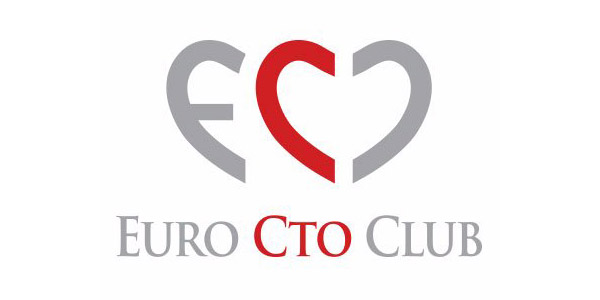×
It looks like you're using an obsolete version of internet explorer. Internet explorer is no longer supported by Microsoft since the end of 2015. We invite you to use a newer browser such as Firefox, Google Chrome or Microsoft Edge.

About EuroCTO Club
The EuroCTO Club was founded on 14 December 2006 in Paris by Joachim Buettner, Carlo di Mario, Dariusz Dudek Gerald S. Werner, George Sianos Nicolaus Reifart, Alfredo R. Galassi, and Hans Bonnier.
What started as a small group of physicians interested in chronic total occlusions (CTOs) and complex coronary interventions gradually grew into a larger group of almost 60 full members, spread among all European countries.
Mission
The leitmotiv of joining this club can be summarized from an interview with Andreas Gruntzig in 1985, 2 weeks before his death in an airplane crash, which is reported as follows: ‘I like to depart with more total closure, and try to learn how to deal with total closures. We did a study on that, and we found out that 70% of the patients who are rejected for dilatation have been patients with total closures in one or the other artery, while having more diseases in the others. Therefore, the total closure is a real problem, if we cannot solve the total closure problem, we probably will never really address the question of multivessel disease dilatation’.
The aim of this scientific community is to exchange experiences among the most experienced operators in CTO and complex procedures, test new technologies and strategies for CTO recanalization, issue ‘state of the art’ recommendations, and promote scientific research, teaching courses and draw information from a dedicated registry (www.ercto.org), in which each operator can insert his personal CTO cases.
Indeed, it is important to teach interventionalists to accept a CTO lesion like any other lesion in stable angina, but at the same time, to realize that a CTO lesion is not common and needs special training to achieve high procedural success. On the other hand this training turns to be effective also in standard routine PCI, ones the interventionalist has gaining experience with different new technology and techniques, besides to cope with complications, that can affect ordinary daily activity in routine PCI.